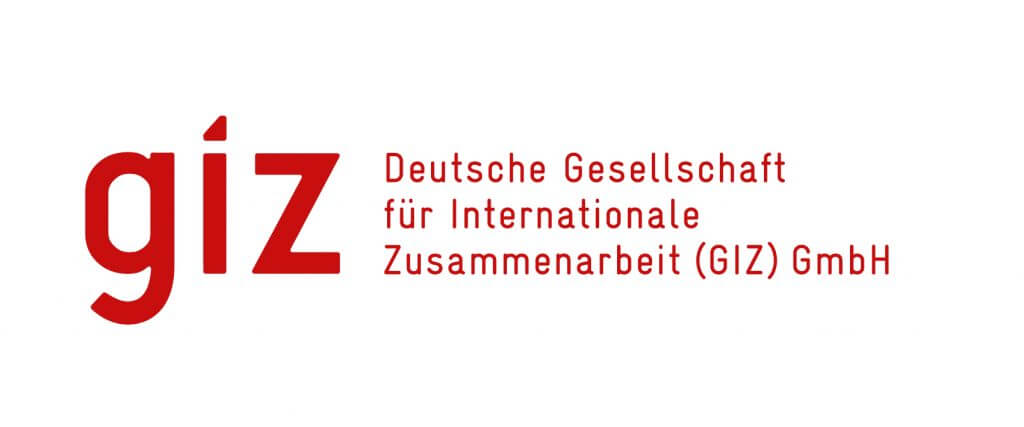This project is part of the International Climate Initiative (IKI). The Federal Ministry for the Environment, Nature Conservation and Nuclear Safety (BMU) supports this initiative on the basis of a decision adopted by the German Bundestag.
With the growing demand for urban freight, Foshan has taken various measures to accelerate the promotion of new energy logistics vehicles, such as providing subsidies on purchase and operation, giving new energy logistics vehicles priority for city delivery permits, etc. However, as an important part of the “right of way” policy to facilitate urban freight distribution, temporary loading/unloading parking zones for logistics vehicles have not yet caught the attention of policy makers.
The Chancheng District is in the center of Foshan and is characterized by “mature” urban development, a dense population, narrow urban roads, limited parking spaces, and serious traffic congestion. As of now, the Chancheng District has no temporary parking and loading/unloading zones for logistics vehicles in residential areas, building complexes, and their ambient pathways. Further, there is a lack of relevant management policies, the random parking and loading/unloading of logistics vehicles blocks the road, aggravates traffic congestion, takes up spaces on non-motorized lanes or sidewalks, and consequently increases CO2, NOX, and other air pollutant emissions.
In response to the national goal of peaking carbon dioxide emissions before 2030 and achieving carbon neutrality by 2060, and to fulfill the requirements for the “Notice on Green Urban Freight Pilot Programme”, the pilot project “Research on the Setting of Temporary Loading and Unloading Parking Zones for New Energy Logistics Vehicles in the Chancheng District of Foshan” shall be implemented under the framework of the CLCT project.
The objective of the pilot project is to:




Ling Xuan
Senior Advisor
Sino-German Cooperation on Low Carbon Transport
Deutsche Gesellschaft für Internationale Zusammenarbeit (GIZ) GmbH
